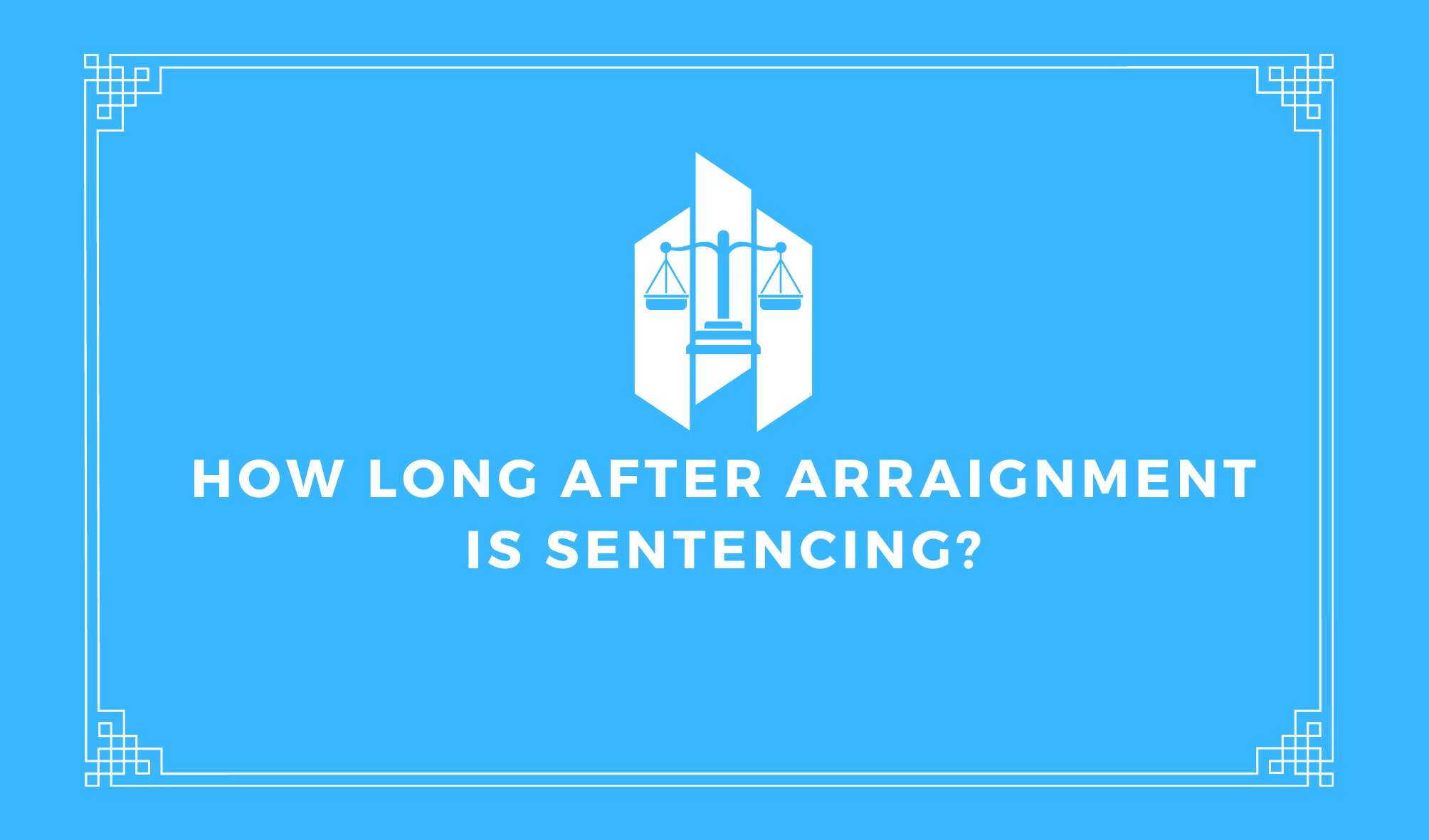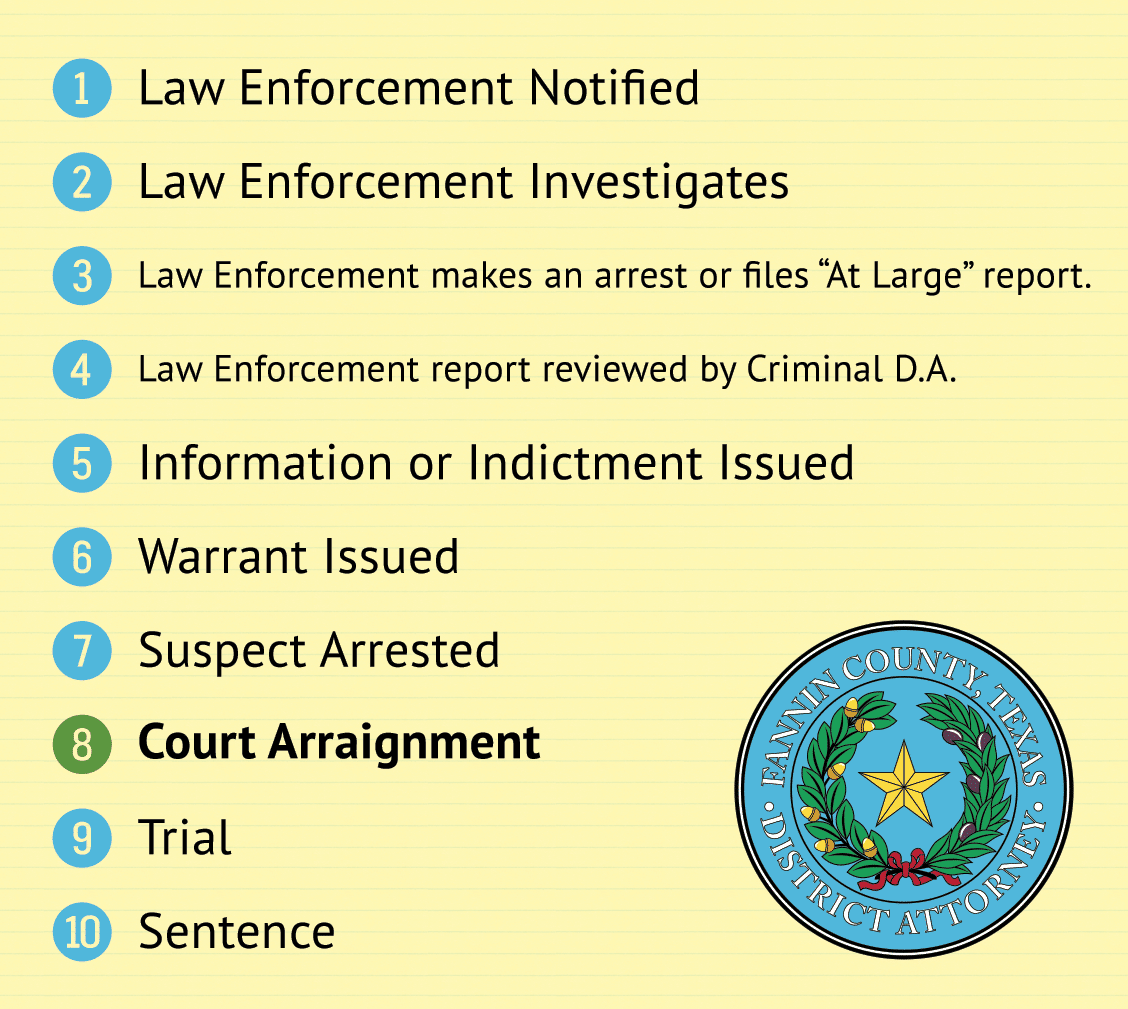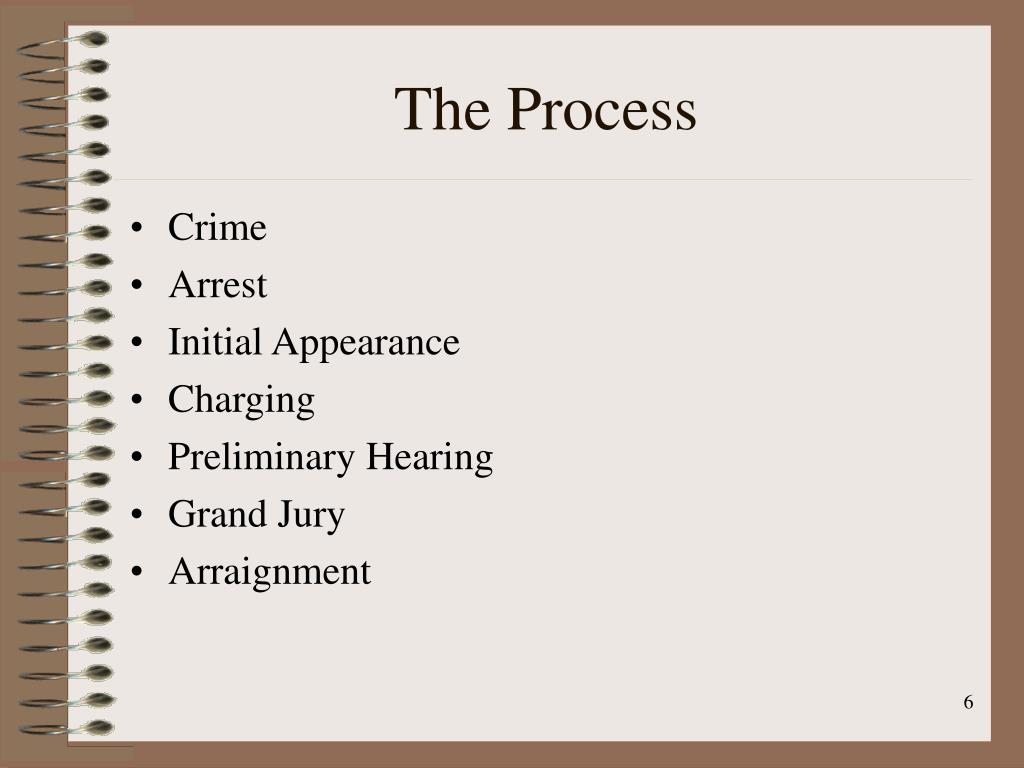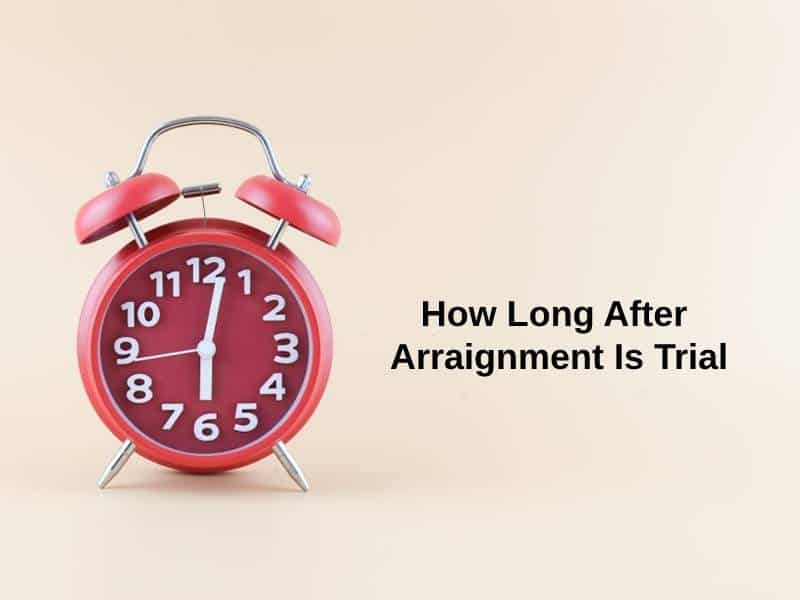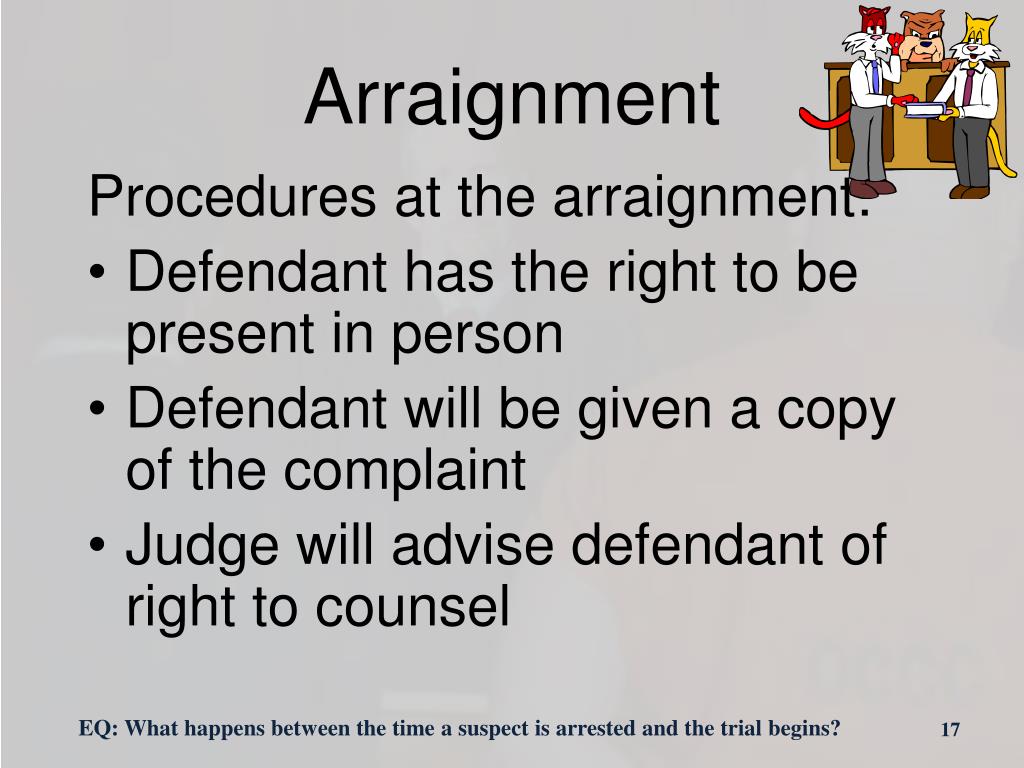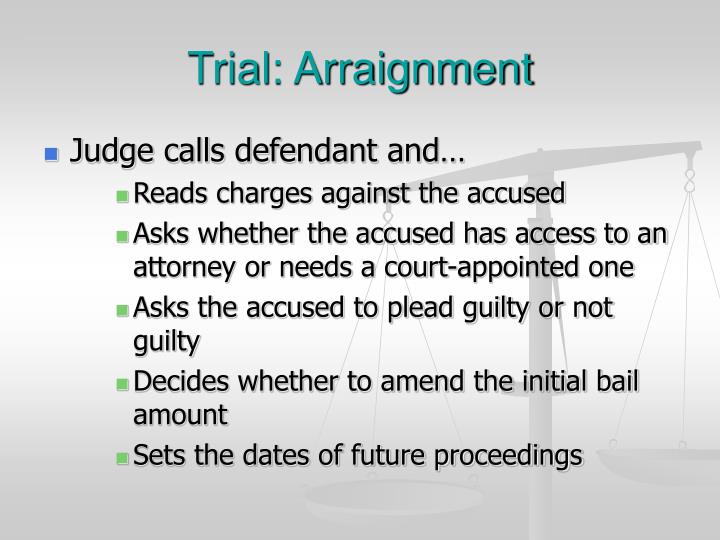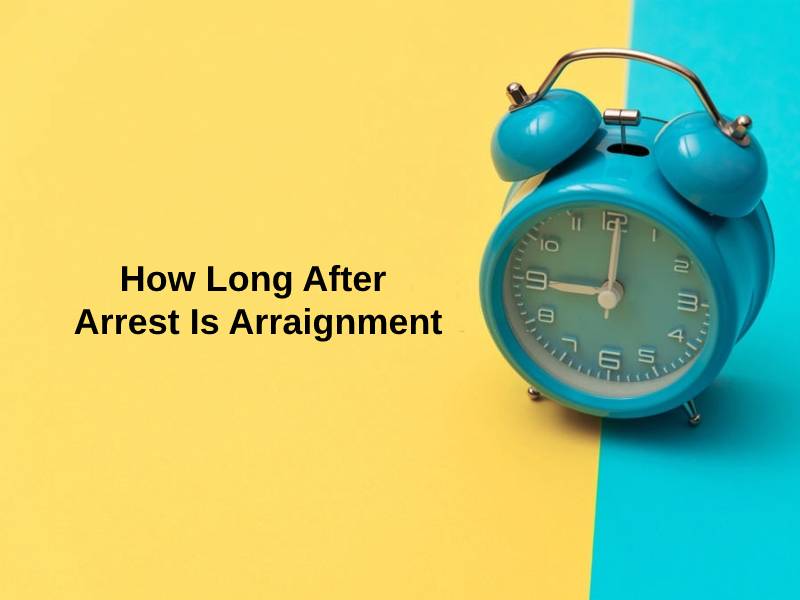How Long After Arrest Is Arraignment - Either the same day or the day after a defendant is arrested and charged, they are brought before a magistrate judge for an initial hearing on the. Most jurisdictions require arraignments within 48 to 72 hours of arrest, excluding weekends and holidays, to ensure.
Most jurisdictions require arraignments within 48 to 72 hours of arrest, excluding weekends and holidays, to ensure. Either the same day or the day after a defendant is arrested and charged, they are brought before a magistrate judge for an initial hearing on the.
Most jurisdictions require arraignments within 48 to 72 hours of arrest, excluding weekends and holidays, to ensure. Either the same day or the day after a defendant is arrested and charged, they are brought before a magistrate judge for an initial hearing on the.
How Long After Arraignment Is Sentencing? London Law
Either the same day or the day after a defendant is arrested and charged, they are brought before a magistrate judge for an initial hearing on the. Most jurisdictions require arraignments within 48 to 72 hours of arrest, excluding weekends and holidays, to ensure.
Court Process Infraction, Misdemeanor, and Felony
Most jurisdictions require arraignments within 48 to 72 hours of arrest, excluding weekends and holidays, to ensure. Either the same day or the day after a defendant is arrested and charged, they are brought before a magistrate judge for an initial hearing on the.
What Happens During an Arraignment in Texas Law Offices of Randall
Most jurisdictions require arraignments within 48 to 72 hours of arrest, excluding weekends and holidays, to ensure. Either the same day or the day after a defendant is arrested and charged, they are brought before a magistrate judge for an initial hearing on the.
How the Criminal Justice Process Works Fannin County, Texas Criminal
Most jurisdictions require arraignments within 48 to 72 hours of arrest, excluding weekends and holidays, to ensure. Either the same day or the day after a defendant is arrested and charged, they are brought before a magistrate judge for an initial hearing on the.
PPT Arrest to Arraignment PowerPoint Presentation, free download ID
Most jurisdictions require arraignments within 48 to 72 hours of arrest, excluding weekends and holidays, to ensure. Either the same day or the day after a defendant is arrested and charged, they are brought before a magistrate judge for an initial hearing on the.
How Long After Arraignment Is Trial (And Why)?
Either the same day or the day after a defendant is arrested and charged, they are brought before a magistrate judge for an initial hearing on the. Most jurisdictions require arraignments within 48 to 72 hours of arrest, excluding weekends and holidays, to ensure.
PPT Unit 6 PreTrial Procedures PowerPoint Presentation, free
Most jurisdictions require arraignments within 48 to 72 hours of arrest, excluding weekends and holidays, to ensure. Either the same day or the day after a defendant is arrested and charged, they are brought before a magistrate judge for an initial hearing on the.
PPT Criminal Procedure PowerPoint Presentation ID1410452
Either the same day or the day after a defendant is arrested and charged, they are brought before a magistrate judge for an initial hearing on the. Most jurisdictions require arraignments within 48 to 72 hours of arrest, excluding weekends and holidays, to ensure.
How Long After Arrest Is Arraignment (And Why)?
Either the same day or the day after a defendant is arrested and charged, they are brought before a magistrate judge for an initial hearing on the. Most jurisdictions require arraignments within 48 to 72 hours of arrest, excluding weekends and holidays, to ensure.
Most Jurisdictions Require Arraignments Within 48 To 72 Hours Of Arrest, Excluding Weekends And Holidays, To Ensure.
Either the same day or the day after a defendant is arrested and charged, they are brought before a magistrate judge for an initial hearing on the.
